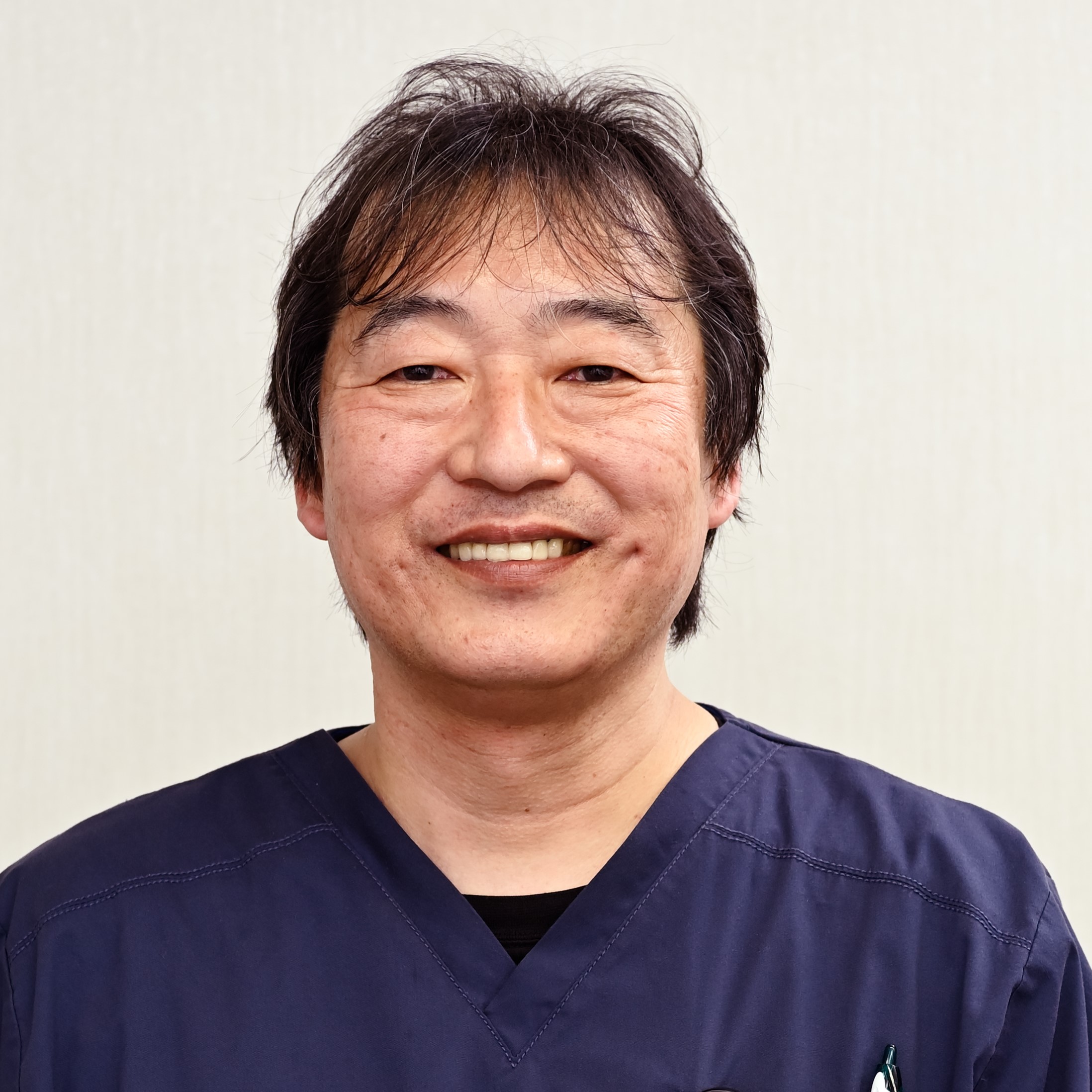Division of Infection & Clinical Immunology
Overview of the department

Chairman
Prof. Sakamaki Ippei
Consultation system, therapeutic strategies
1. Diagnosis and treatment of infectious diseases in patients with immunodeficiency
Recently, the number of patients with immunodeficiency has rapidly increased with marked advances in cancer treatment. The diagnosis and treatment of opportunistic infection in such patients comprise the primary specialty of our department. In particular, we have published much evidence on febrile neutropenia, involving a prospective clinical study.
Although patients during immunosuppressive therapy for collagen disease, diabetics, and elderly people are also immunocompromised, infectious diseases depend on the condition or grade of immunodeficiency. In our department, we are making efforts to perform an adequate diagnosis and prompt treatment, considering individual patients’ status .
2.Treatment of HIV/AIDS
In Japan, the number of patients newly diagnosed with AIDS is still increasing. If this disease is detected in the early stage and anti-viral therapy is started at an appropriate point, it may not lead to a fatal outcome. With the recent development of anti-HIV drugs, new combinations have been devised. We select drugs in accordance with patients’ lifestyle to improve adherence.
3. Treatment of rheumatoid arthritis
The appearance of biological agents has markedly changed the treatment of rheumatoid arthritis. A new age has come. Remission, or cure in some cases, can be targeted by potently inhibiting inflammation. In our department, the most appropriate treatment is performed based on the latest evidence.
4. Diagnosis of FUO(fever of unknown origin)
We are responsible for the differentiation and treatment of idiopathic inflammatory diseases with flare, swelling, fever, and pain. It is often difficult to identify the etiology despite persistent fever. However, various underlying diseases such as infectious diseases, autoimnune diseases, and malignant tumors are detected in some cases. When FUO persists appear , please refer them patient to our department.
5. Treatment of tick-borne diseases
Scrubtyphus and Japanese spotted fever are tick-borne diseases characterized by fever, exanthema, and tick bites. In general hospitals, it is impossible to conduct examinations for diagnosis.
In our hospital, a risk factor for a severe condition (hypercytokinemia) is reviewed, and hypercytokinemia control-based treatment is performed in addition to early diagnosis or treatment.
6. Nosocomial infection control
For perfect infection control, we participate in activities to prevent nosocomial infection in cooperation with the Department of Infection Control, Medical Environment Control Center.
Anyone can consult us with respect to infection control against various pathogens.
Advanced medical practice
1. Early diagnosis of sepsis using macroarrays
The early DNA chip-based diagnosis of bacteria or fungus is conducted using blood, although it is still being developed. It has become possible to identify bacteria causing sepsis within 24 hours after blood collection, facilitating the selection of appropriate antimicrobial drugs.
2. Treatment of refractory MRSA infection
The timing at which anti-MRSA drugs that are available (vancomycin, teicoplanin, arbekacin, linezolid, and daptomycin) should be used, the dose, and administration period are selected in accordance with the state of infection. In particular, TDM is promoted in cooperation with the Department of Pharmacy, considering the importance of blood-level monitoring. In addition, consultations on therapeutic strategies, including carrier or infection evaluation, for MRSA-detected patients are possible.
3. Administration method of antimicrobial drugs based on the PK/PD theory
Antimicrobial drugs are classified into 2 types: those that exhibit effects in time-dependent and concentration-dependent manners. In addition to the selection of appropriate antimicrobial drugs, we propose the dose, administration interval, and administration period to obtain their maximal effects, considering the infected micro organism transfer of drugs and drug sensitivity of causative bacteria.
Diseases to be treated in our department
HIV, acquired immunodeficiency syndrome (AIDS), febrile neutropenia (FN), deep mycosis, trombiculosis, Japanese spotted fever, malaria, dengue fever, FUO , rheumatoid arthritis, scleroderma, Sjogren’s syndrome, systemic lupus erythematosus(SLE), adult-onset Still’s disease, polymyalgia rheumatica, RS3PE syndrome, and Behcet’s disease
 University of Fukui Hospital
University of Fukui Hospital University of Fukui Hospital
University of Fukui Hospital +81-776-61-311
+81-776-61-311 Access
Access